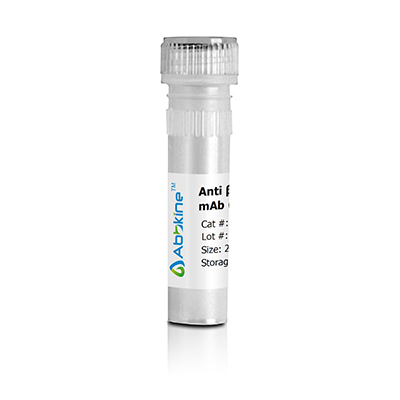Methylation of lysine residues is a common regulatory posttranslational modification (PTM) that results in the mono-, di-, or tri-methylation of lysine at ε-amine groups by protein lysine methyltransferases (PKMTs). Two PKMT groups are recognized based on structure and catalytic mechanism: class I methyltransferases or seven β strand enzymes, and SET domain-containing class V methyltransferases. Both use the methyl donor S-adenosyl-L-methionine to methylate histone and non-histone proteins. Class I methyltransferases methylate amino acids, DNA, and RNA. Six methyl-lysine-interacting protein families are distinguished based on binding domains: mBT, PHD finger, Tudor, PWWP, WD40 repeat, and chromodomains. Many of these display differential binding preferences based on lysine methylation state. KDM1 subfamily lysine demethylases catalyze demethylation of mono- and di-methyl lysines, while 2-oxoglutarate-dependent JmjC (KDM2-7) subfamily enzymes also modify tri-methyl lysine residues.
The Abbkine Pan Methylated Lysine Mouse Monoclonal Antibody (Mix) was affinity-purified from mouse ascites by affinity-chromatography using epitope-specific immunogen and detects endogenous Pan Methylated Lysine protein. The antibody has been validaed in WB, IHC-P and reacts with all samples.
Abbkine supplies below price/size: $100/30μl, $220/100μl, $360/200μl of Mouse Anti-Pan Methylated Lysine Monoclonal Antibody (Mix) at https://www.abbkine.com/product/pan-methylated-lysine-monoclonal-antibody-mix-abm40195.
bio-equip.cn




